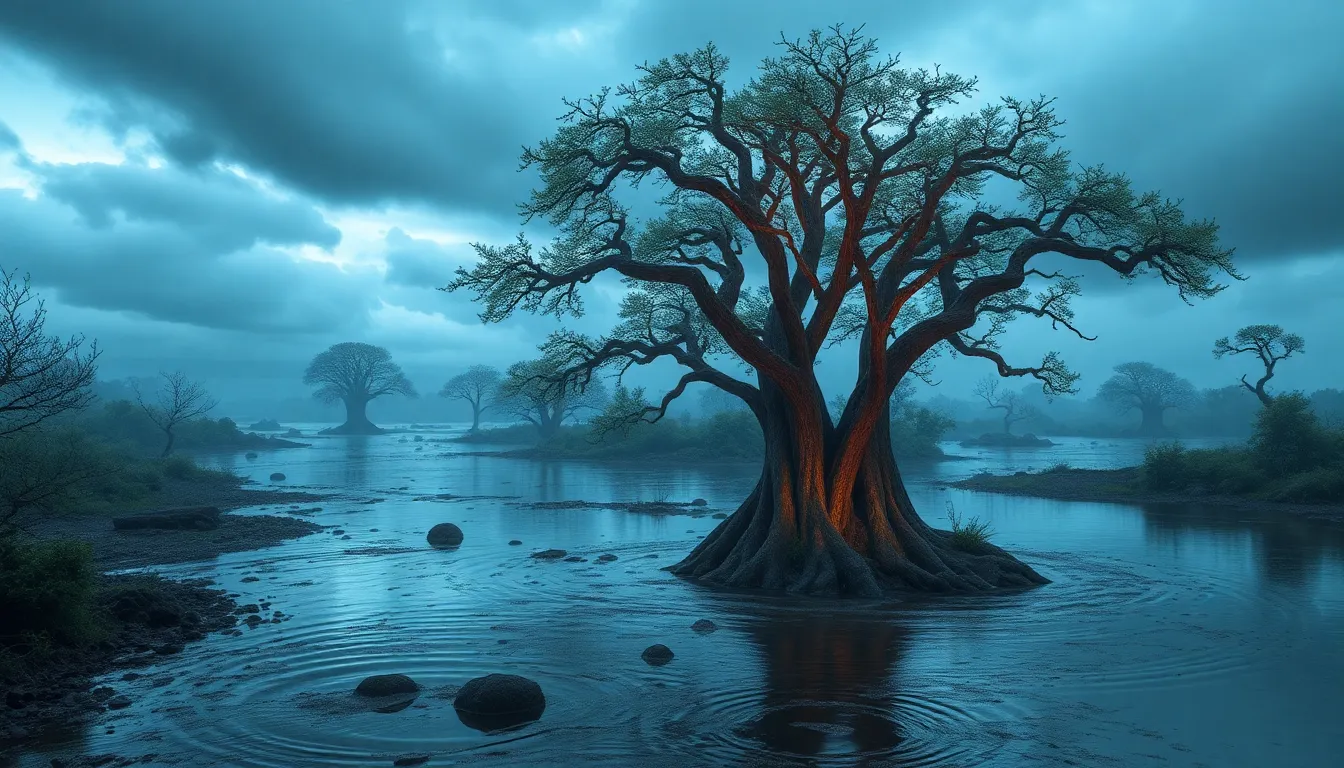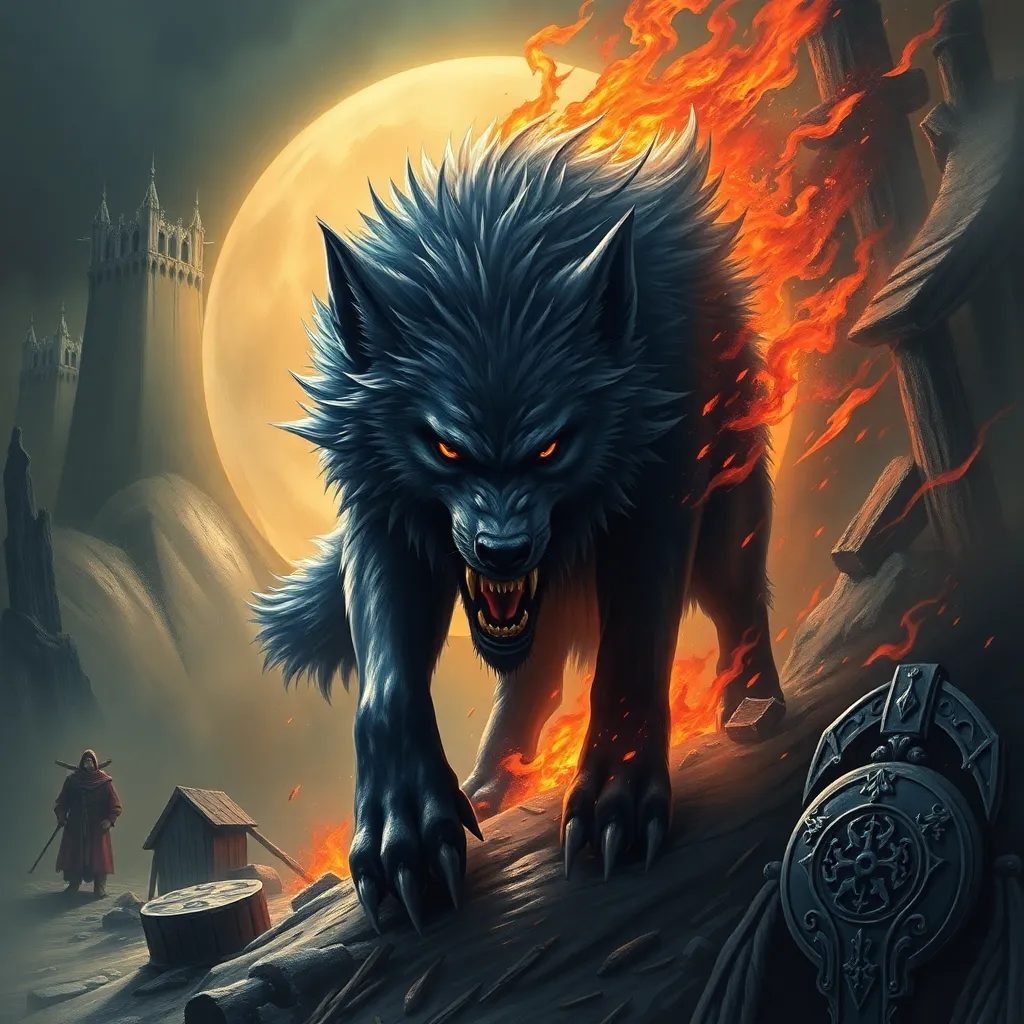Who are Shamans and Medicine Men?
In Australian Aboriginal mythology, shamans and medicine men hold prominent roles as spiritual leaders, intermediaries between the physical and spirit worlds, and healers. They possess exceptional knowledge and abilities that enable them to communicate with the Dreamtime, a sacred realm where ancestral spirits and beings reside. As guardians of tradition and wisdom, their expertise extends to healing practices, rituals, and interpreting the interconnectedness of the natural world.
Spiritual Leaders and Intermediaries
Shamans and medicine men occupy a unique position within Aboriginal society as spiritual leaders and intermediaries. They act as conduits between the human world and the Dreamtime, enabling communication and interaction with ancestral spirits. Through their rituals and ceremonies, they establish a bridge that facilitates guidance, healing, and protection for the community. Their profound connection to the spirit world grants them the ability to intercede on behalf of their people, seeking wisdom, resolving conflicts, and ensuring harmony.
Healing Practices and Rites
Shamans and medicine men play a pivotal role in Aboriginal healing practices and rites. They possess extensive knowledge of herbal remedies, healing techniques, and spiritual rituals aimed at restoring balance and well-being within the community. Utilizing their understanding of the interconnectedness of all living beings, they employ holistic approaches that address not only physical ailments but also emotional and spiritual imbalances. Through ceremonies, chants, and dance, they invoke the power of the Dreamtime to facilitate healing and bring about a state of equilibrium.
The Role of Dreaming and Spirituality
Shamans and medicine men are deeply connected to the Dreaming, a sacred realm where the past, present, and future coexist. They navigate the Dreamtime through altered states of consciousness induced by rituals and trance-like states. Through their dreams and visions, they receive guidance, insights, and healing power. The Dreaming serves as a source of inspiration, knowledge, and connection to the ancestral world, empowering shamans to fulfill their spiritual responsibilities.
Relationship with the Land and Environment
Aboriginal shamans and medicine men possess a profound relationship with the land and environment. They hold intimate knowledge of flora, fauna, and natural elements, recognizing their inherent medicinal, spiritual, and cultural significance. Shamans serve as custodians of the land, collaborating with the spirits of nature to maintain ecological balance and ensure the well-being of the community. Their practices and rituals reflect a deep reverence and understanding of the interconnectedness of all living beings.
Initiation and Training
Becoming a shaman or medicine man is a sacred and rigorous process that requires years of initiation and training. Selected by the spirits themselves, potential candidates undergo a series of rites and challenges designed to test their endurance, courage, and spiritual aptitude. Through fasting, isolation, and mentorship from experienced elders, they acquire knowledge of healing practices, rituals, and the profound secrets of the Dreaming. The initiation process culminates in a transformation that grants them the power to communicate with spirits, heal the sick, and guide their community.
Shamans as Guardians of Wisdom and Tradition
Shamans and medicine men are revered as guardians of wisdom and tradition within Aboriginal communities. They embody the collective knowledge and cultural practices passed down through generations. As custodians of oral history, they ensure the continuity and preservation of their people's rich heritage. Through their stories, songs, and ceremonies, they transmit vital knowledge about the Dreaming, creation myths, and the importance of living in harmony with the land. Their role extends beyond healing and spiritual guidance; they are educators, storytellers, and keepers of the ancient wisdom that sustains Aboriginal identity.
Contemporary Relevance and Revitalization
The role of shamans and medicine men remains vital in modern-day Aboriginal communities. Despite the challenges posed by colonization and assimilation, they continue to play an essential part in maintaining cultural identity, providing healing and guidance, and promoting spiritual well-being. In recent years, there has been a resurgence of interest in traditional Aboriginal practices, leading to a revitalization of the role of shamans and medicine men. Their knowledge and wisdom offer valuable insights into holistic health, environmental sustainability, and the enduring power of indigenous cultures.
Frequently Asked Questions
While the terms are often used interchangeably, a medicine man primarily focuses on healing practices and herbal remedies, while a shaman’s role extends to spiritual leadership, dream interpretation, and communication with the spirit world.
Shamans enter altered states of consciousness through rituals, trance, and dreaming. During these states, they believe they can communicate with ancestral spirits, receive guidance, and perform healing rituals.
They are revered as spiritual leaders, healers, and guardians of wisdom. Their practices and knowledge contribute to the well-being, cultural identity, and environmental stewardship of Aboriginal communities.



